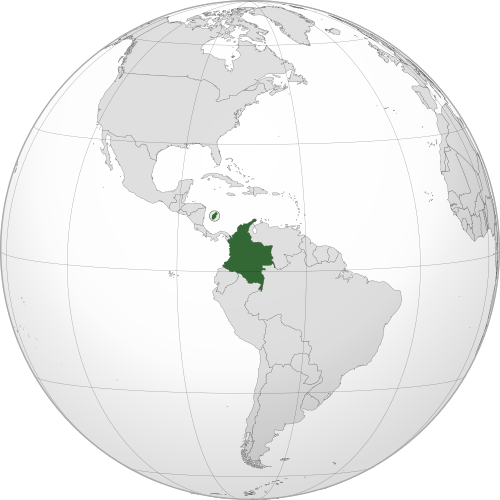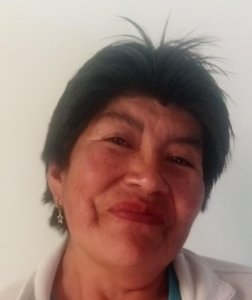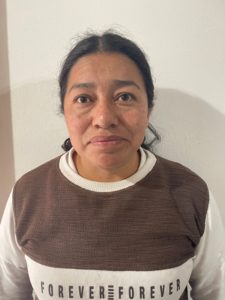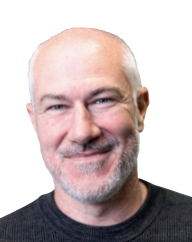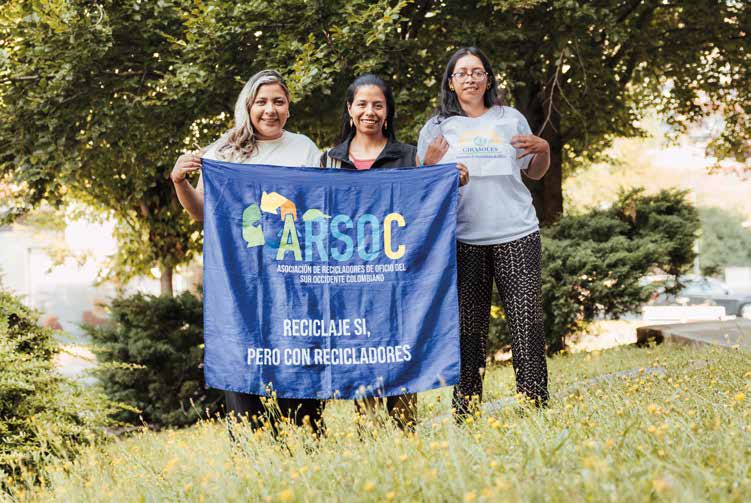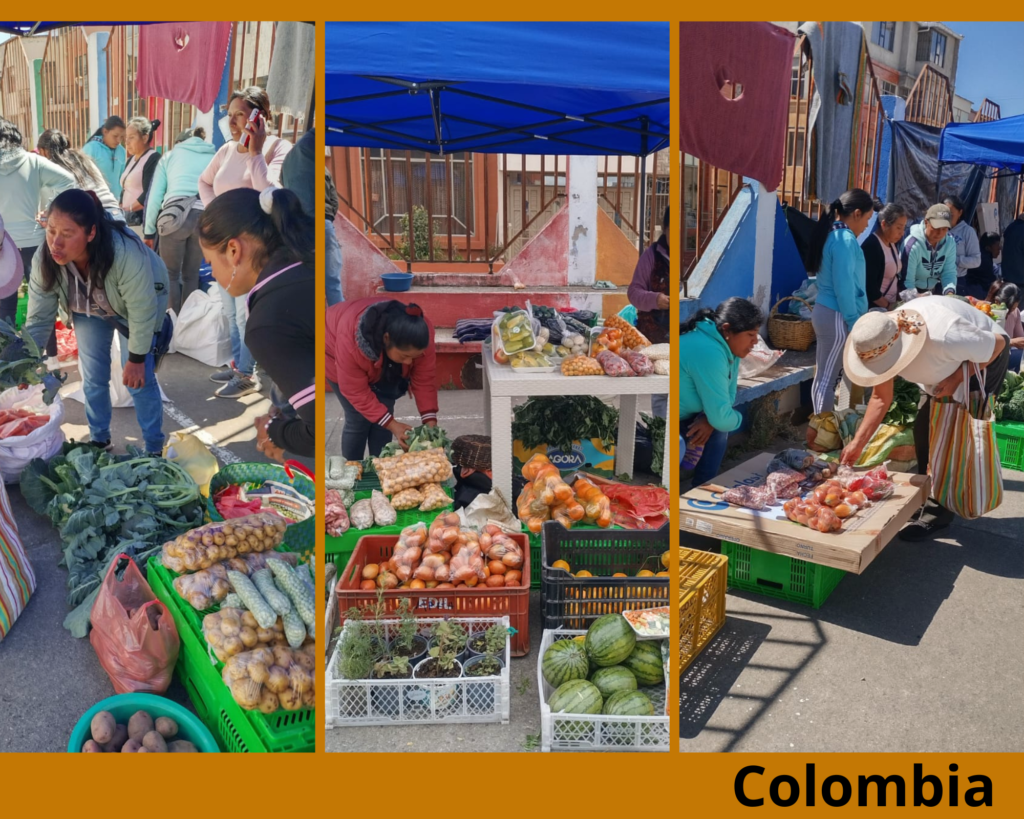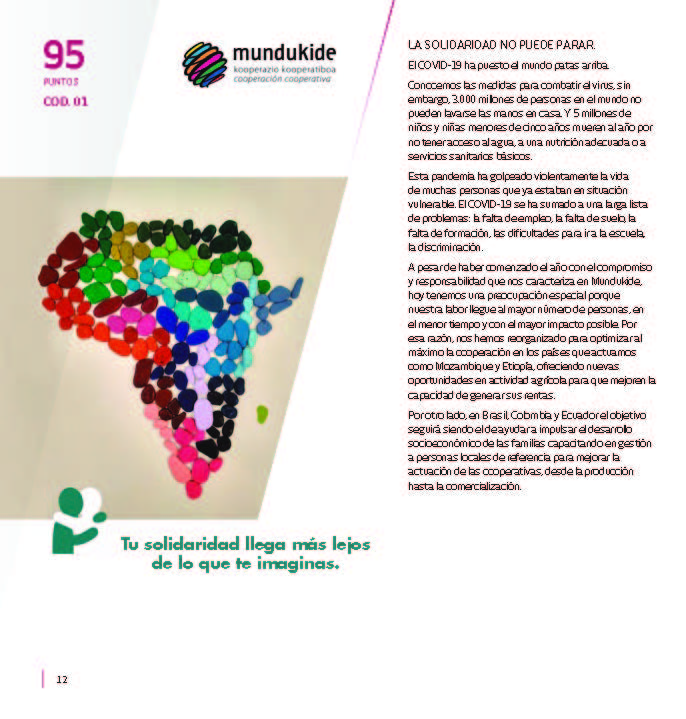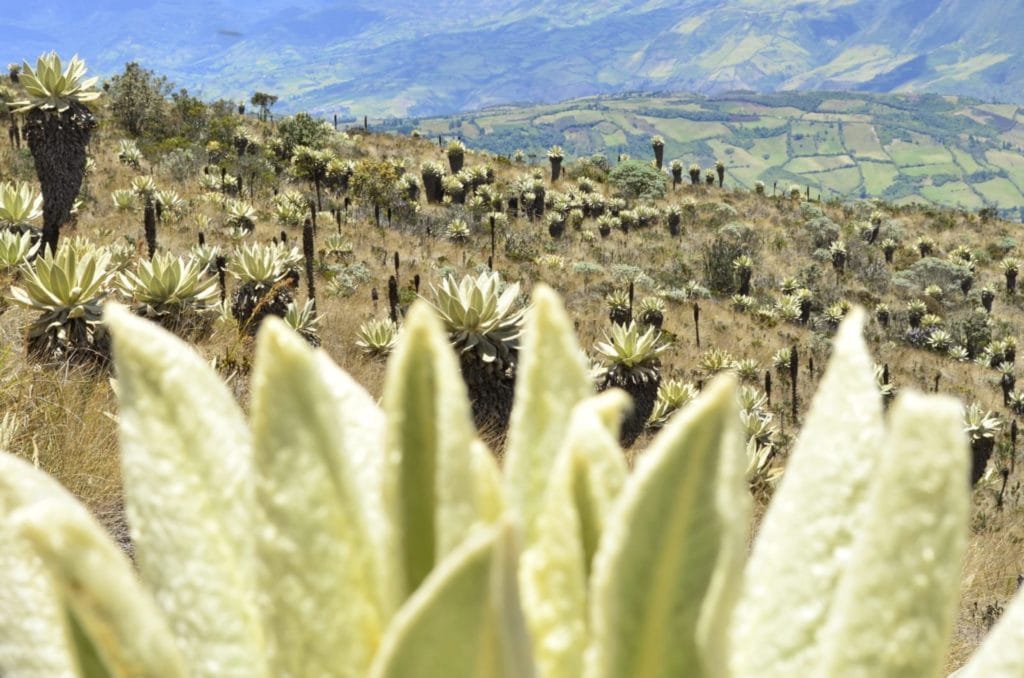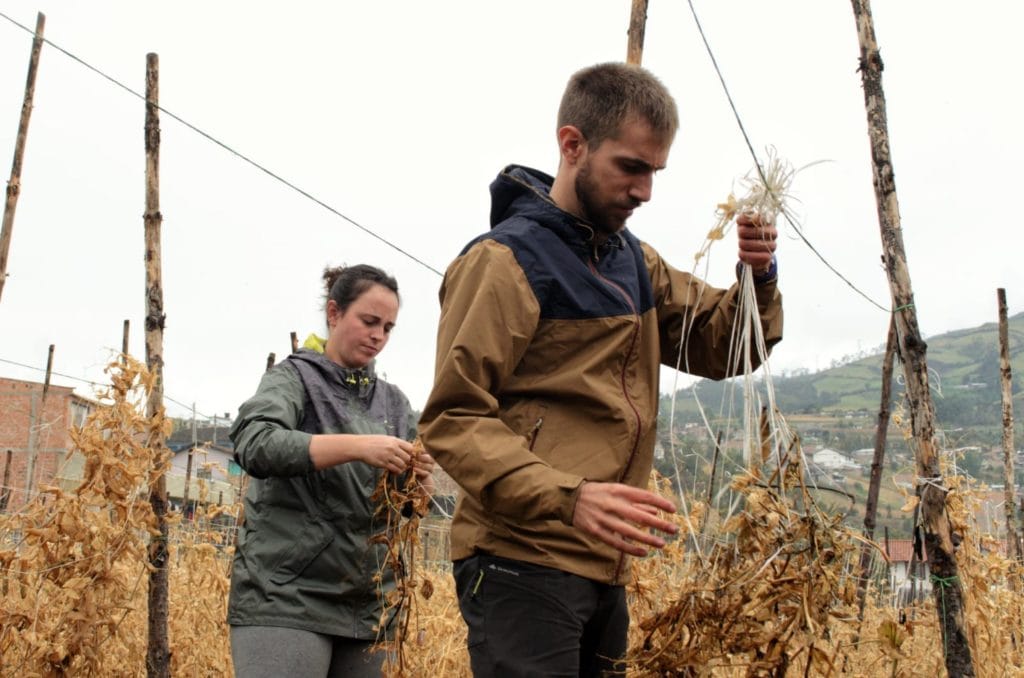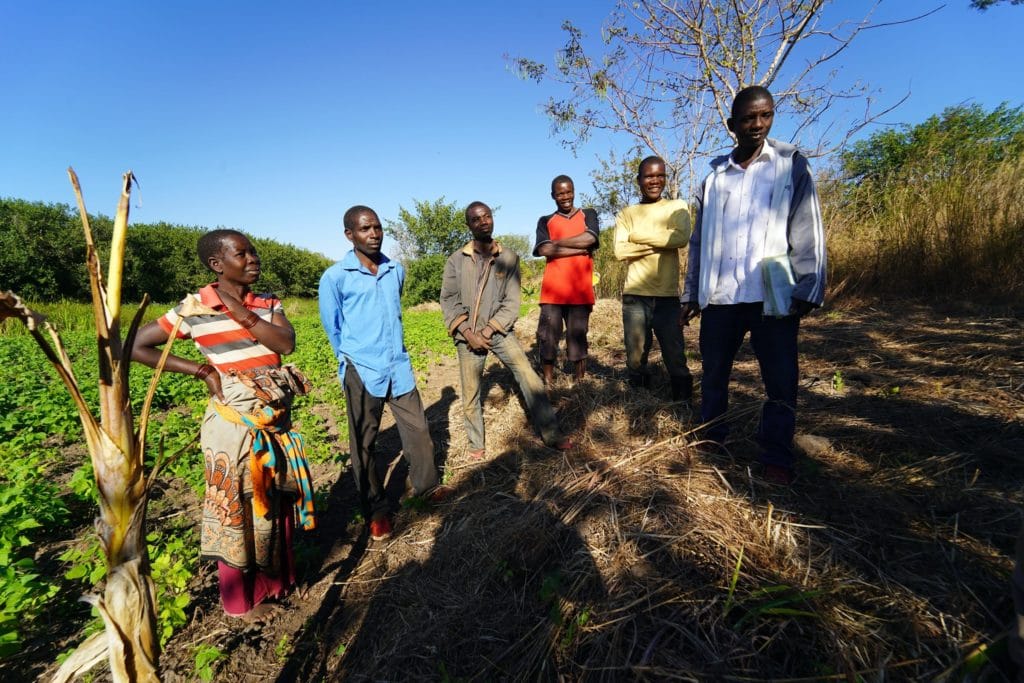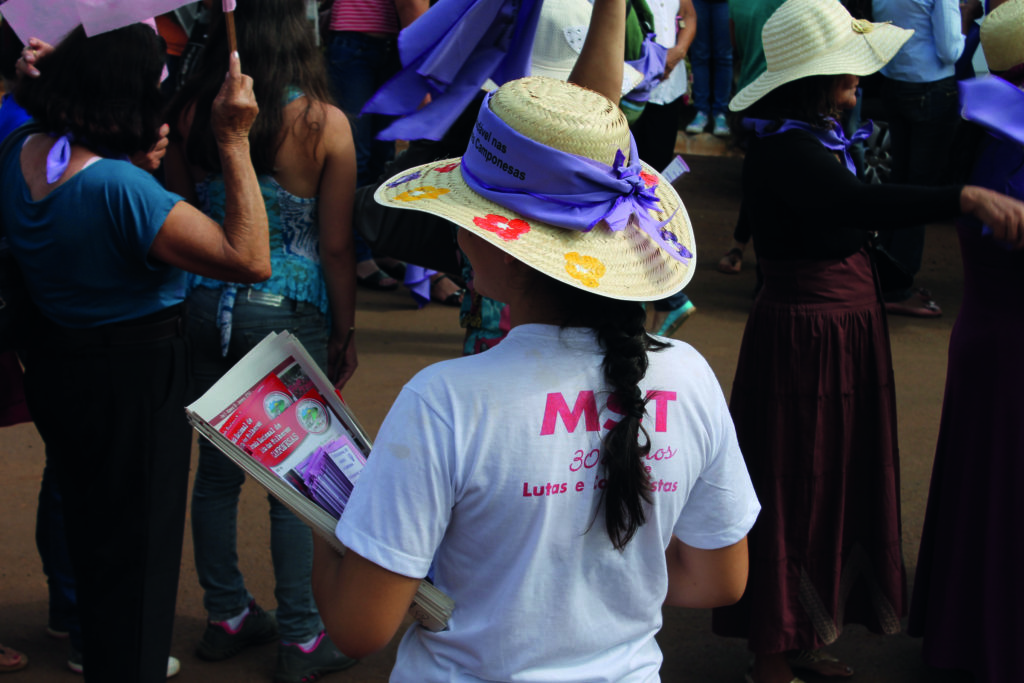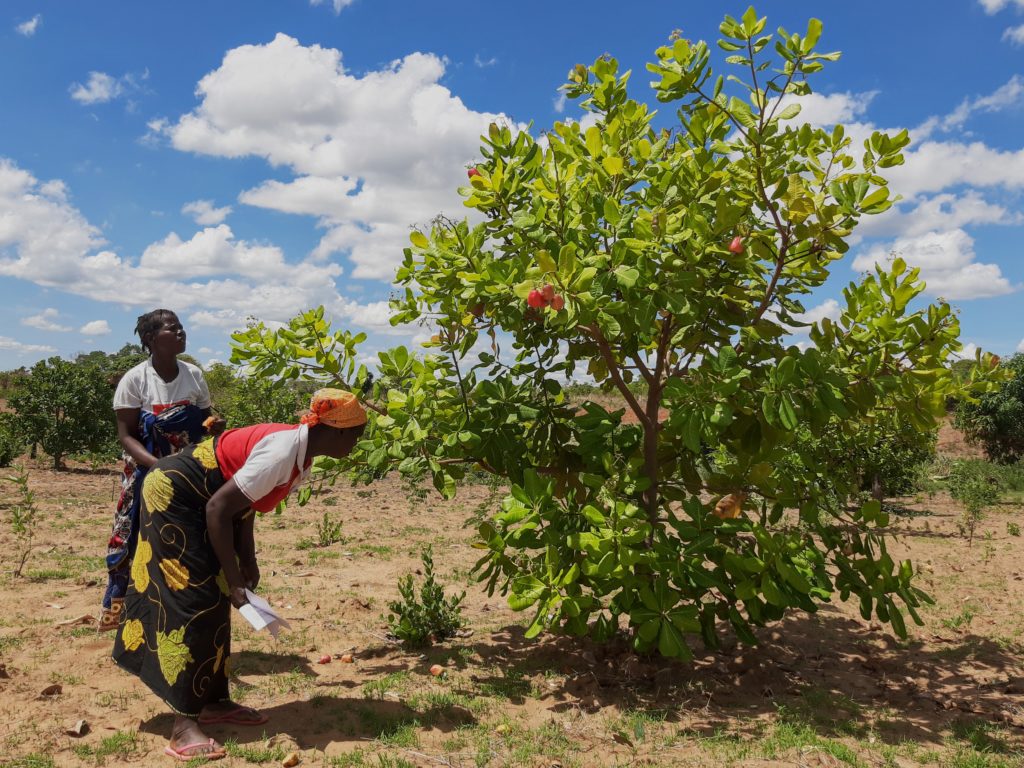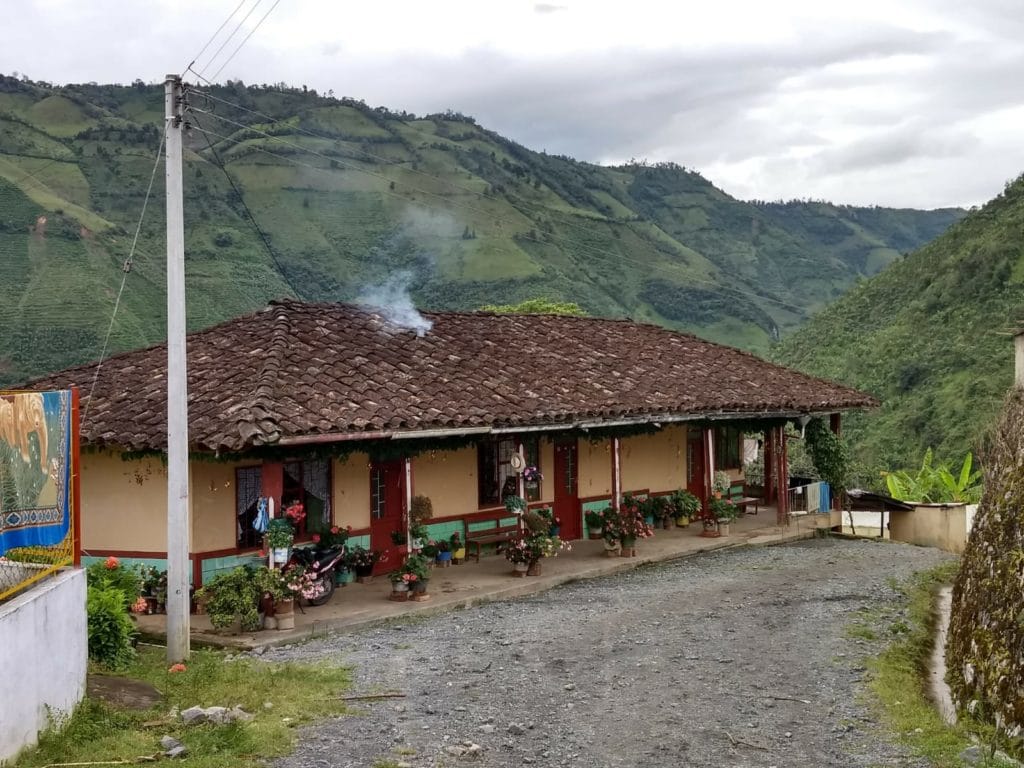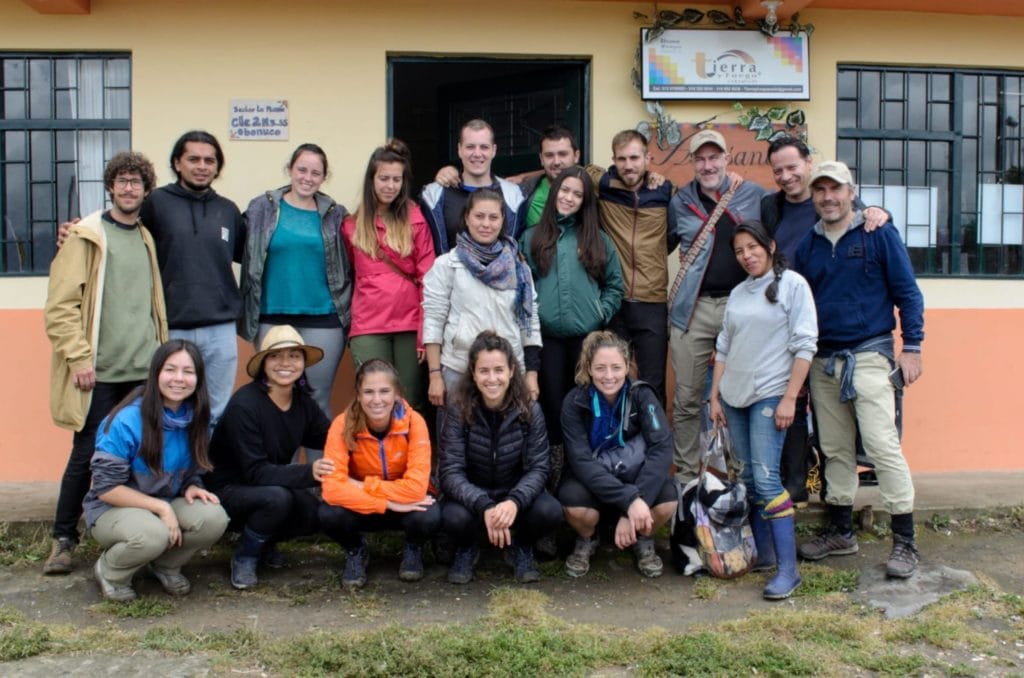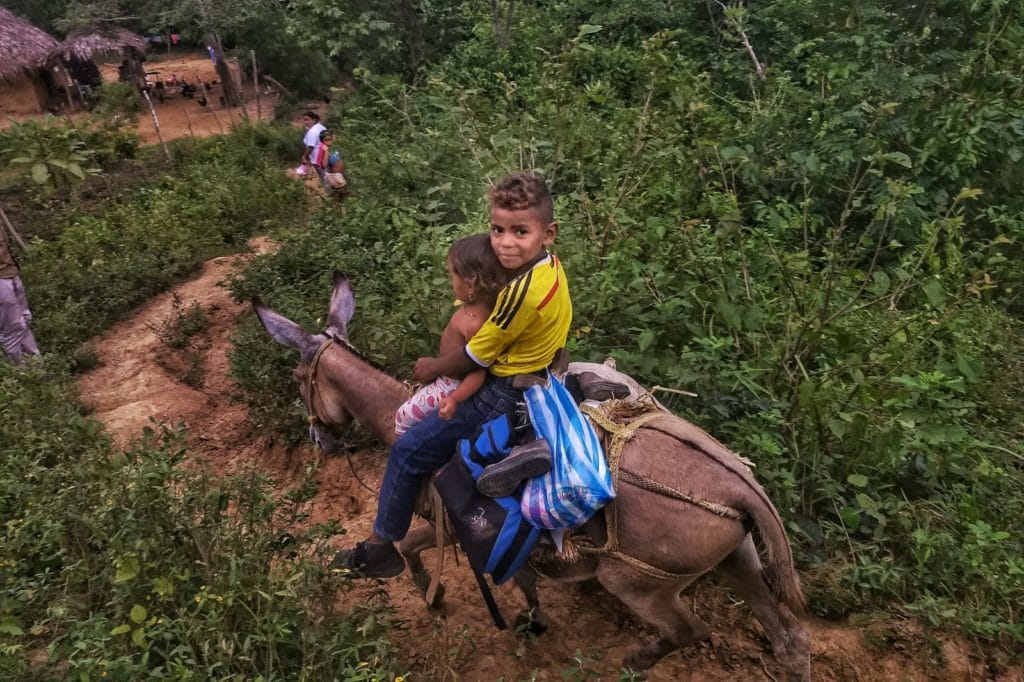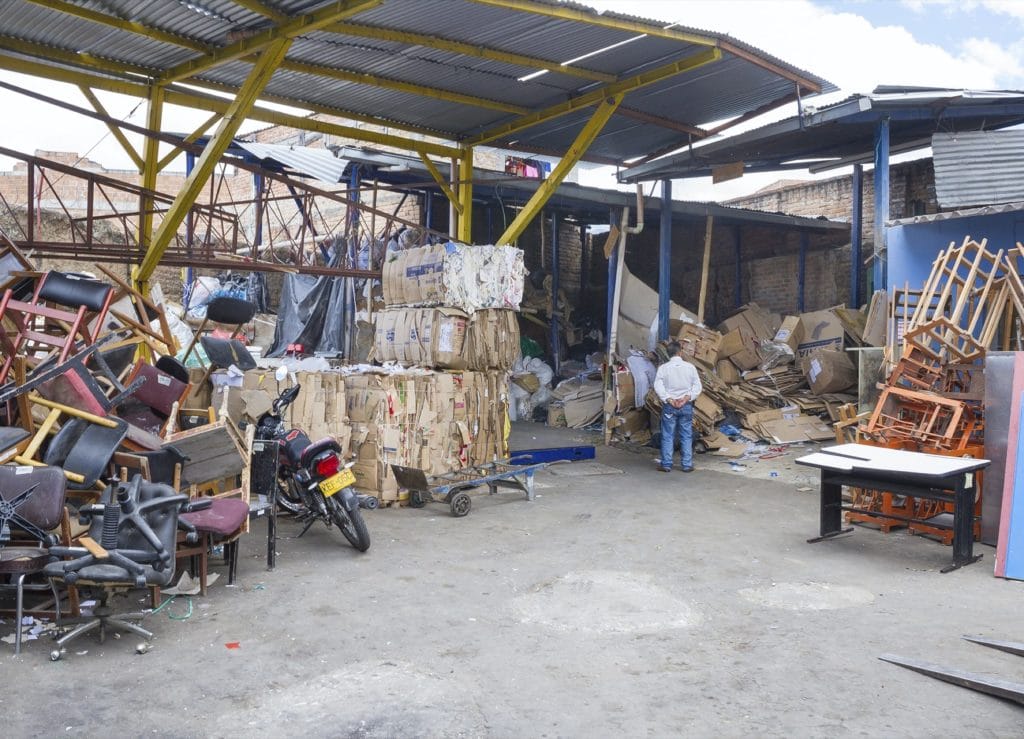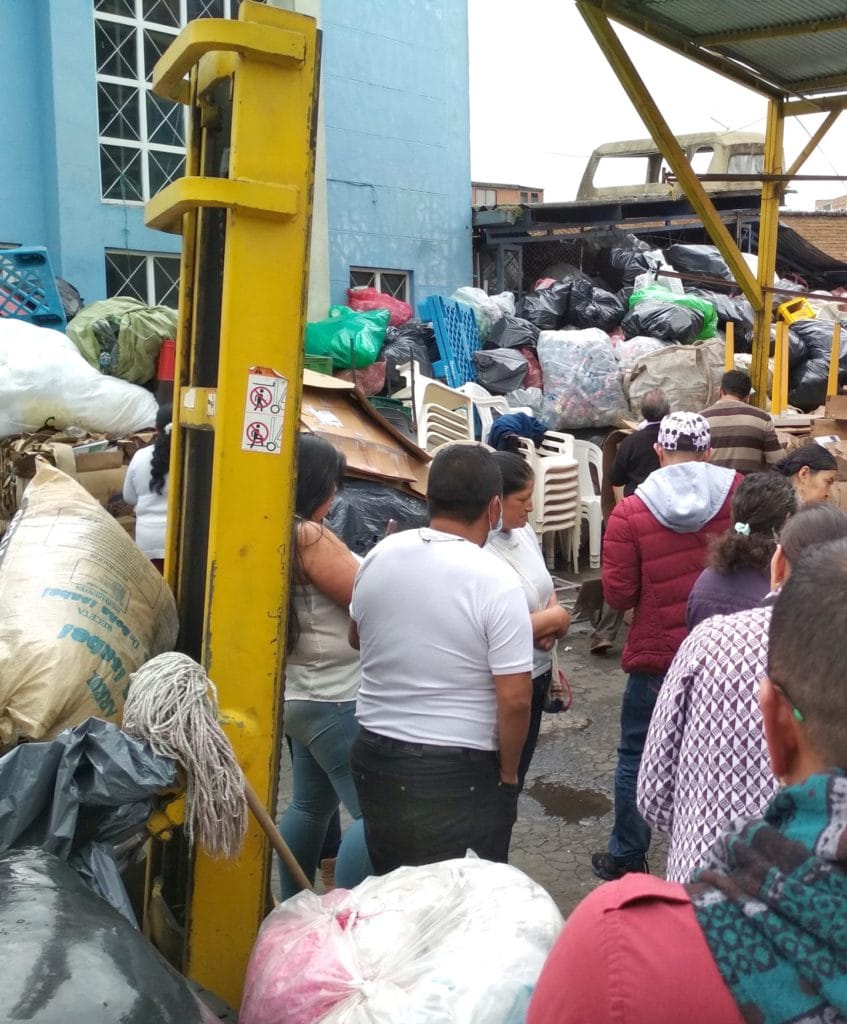Colombia
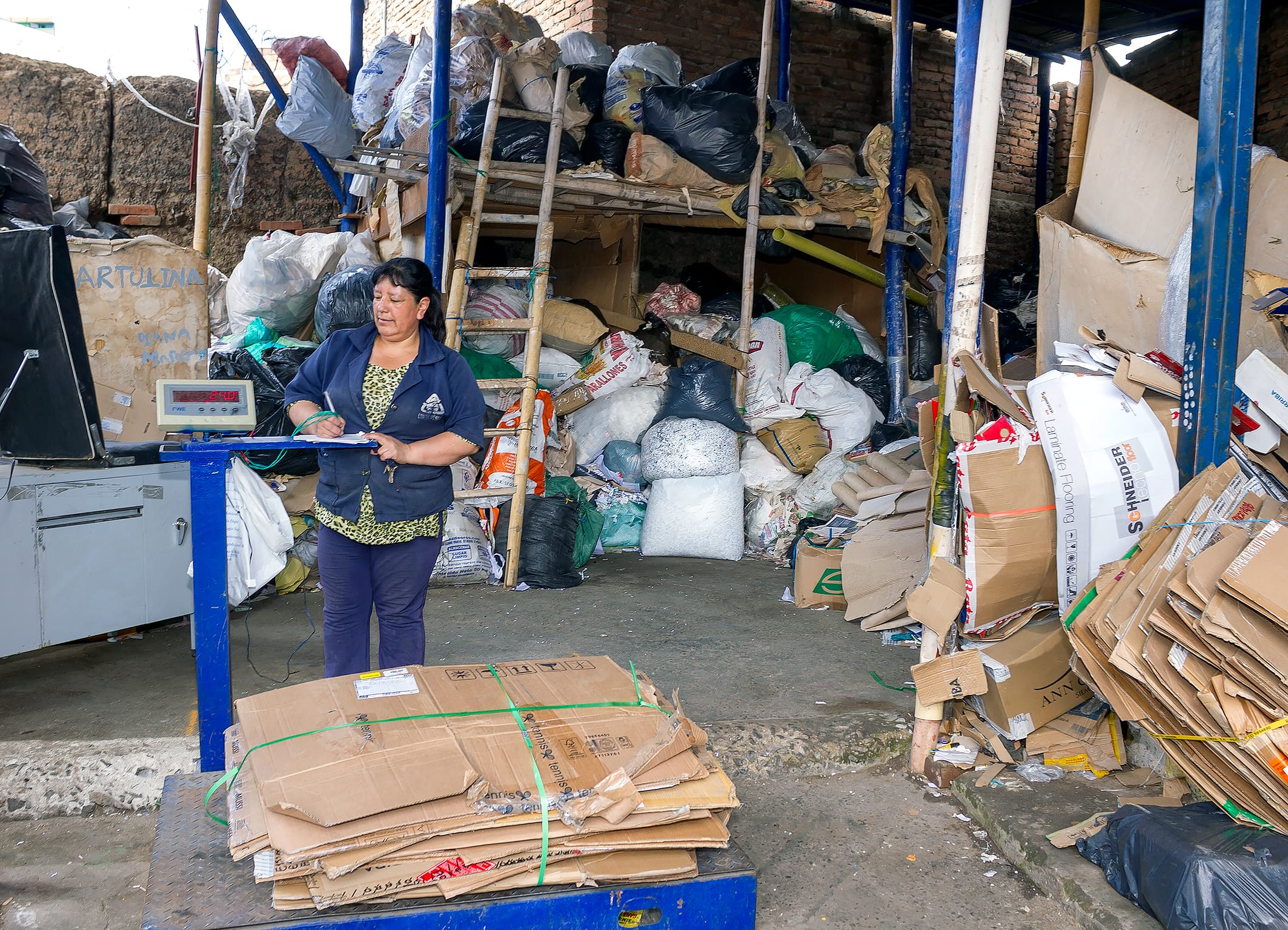
Our work is based on improving the lives of two groups with different ways of earning a living; We are referring to the COLLECTIVE OF STREET RECYCLERS, whose scope of action is the cities, and the COLLECTIVE OF INDIGENOUS WOMEN FARMERS PASTOS in rural areas.
- LINE OF ACTION RECYCLERS: Recyclers are one of the most excluded labor groups in Latin American society. Collecting what is discarded and on many occasions searching through the garbage is considered one of the lowest strata. At the same time, their action is necessary for more sustainable human development. The project aims to strengthen its capacities and accompany its local and regional alliance process as part of its strategy.
- LINE OF ACTION OF INDIGENOUS WOMEN FARMERS PASTO: We contribute to improving the lives of women farmers together with local entities and associations, strengthening food sovereignty, the family economy and resilience to external events of indigenous women Pasto de Nariño.
Economic strengthening of the “Pastos” women of Colombia
25 September 2023
Offer your LK points for Mundukide
17 May 2021
-
655
655 beneficiaries
-
6
6 cooperatives assisted, 211 members, 77% women
-
74%
715 people trained, 74% women
-
2nd
2nd level cooperative created by uniting 4 associations
Data from 2024.
Areas of activity
COLLECTIVE OF RECYCLERS
Throughout 2022, the recycling line has expanded from Pasto, covering the entire South West. Mundukide directly assists 6 associations in Cali and Pasto in administration and planning. The Girasoles de Pasto Association (Nariño) has been strengthened with assistance to improve its operational and social functioning. The processing of the Association of Recyclers of the South Western Colombia (ARSOC) as a service provider company will facilitate both its development and the development of its partner associations. Through ARSOC, which is a second-level association, intercooperation between associations of waste pickers has progressed very favorably. In addition, at the national level, a path of organizational strengthening has begun with the Association
National Recyclers (ANR) which is still in the initial phase having completed company training
social and associated work.
Improving the lives of recyclers is achieved through strengthening the individual and collective capacities of recyclers and their organizations. This allows them to be more participants in access to their rights, to have greater income to reduce poverty and improve their living conditions. In addition, the population's awareness of waste separation is promoted, it seeks to guarantee access to the cleaning fee and work is being done on the inclusion of recyclers in the public waste management system.
- Interest Group: It is 5,219 people, of which 2,092 are women and 3,127 are men. In addition, the recyclers who belong to ANR in Colombia and RENAREC in Ecuador are considered, adding up to a total of 4,500 people, of which 4,050 are women and 2,450 are men.
- Objective: The general objective of the program is to dignify and promote respect for professional recyclers as subjects of rights, strengthening the recycling union in southwestern Colombia through actions that promote self-management, learning, intercooperation and socioeconomic development.
- Area of Action: The area of action of the program is southwestern Colombia, covering the cities of Pasto, Cali, Ibagué and Popayán.
COLLECTIVE OF FEMALE FARMERS
The main purpose of the strengthening process that the project proposes is to create both individual and community capacities, both formal - council, savings groups, associations... - and informal - women's groups. The process in which this project is inserted is a development process that will create lasting solutions by strengthening indigenous women in their access to economic resources and solidifying that position in indigenous organizations under construction where they participate centrally as leaders. The Colombian context of violence has among its main causes unequal access to economic resources -mainly land-. The alternative for peace - also included in the Havana agreements between the Government of Colombia and the FARC - is to facilitate access to economic resources for disadvantaged groups (indigenous people, family farmers, quilombo las, women, guerrillas 14 of 49 Code of file: 2022/PRYC/000547 demobilized, …). Thus, the project to strengthen women's groups contributes directly to the construction of peace as its objective is to reduce the incidence of one of the main causes of violence, which is access to economic resources.
- Interest Group: The main interest group are indigenous women, specifically 417 producers belonging to organized associations of indigenous reservations of the town of Los Pastos.
- Objective: The general objective of the program is "Contribute to the good living of the peasant women of the Pasto people in the southern Andean region of Nariño", with a focus on improving the quality of life of rural women and strengthening their access to the market and their productive capacities. .
- Area of Action: The program is developed mainly in the Andean sector of Nariño, based in the cities of Pasto and Ipiales, considered safe areas. The municipalities where the project will be carried out are Pasto, Ipiales, Cumbal, Puerres and Córdoba.

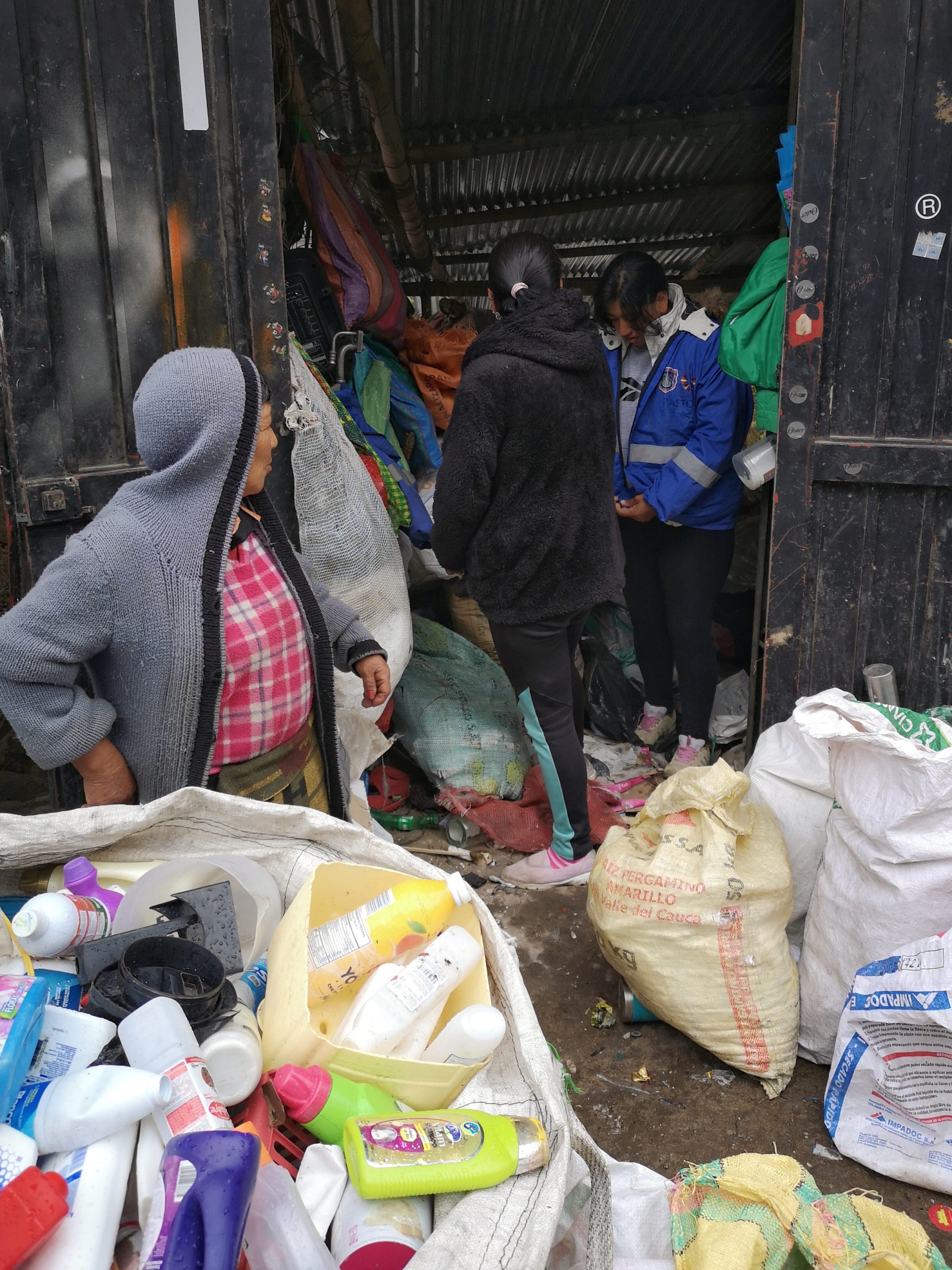
Colombia
- Capital: Bogota
- Language: Spanish
- Area: 1.142.748 km²
- Population: 50.372.424 hab.
